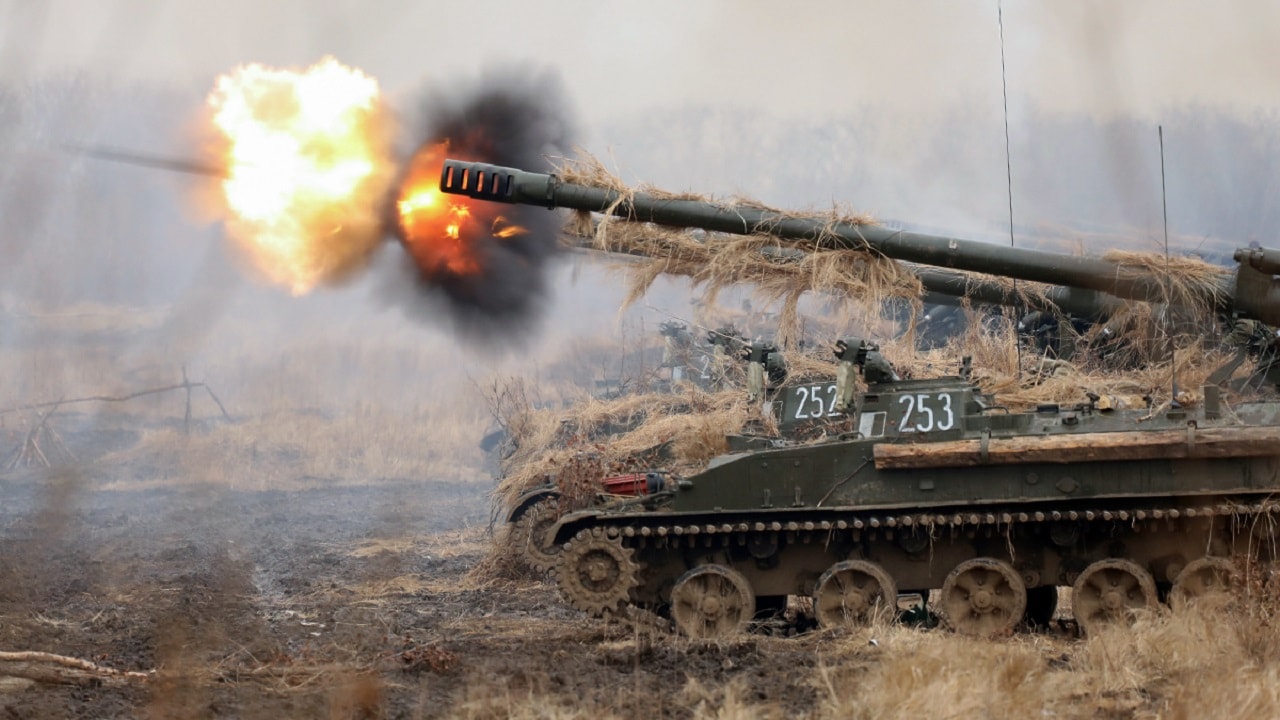It’s no news to anyone that the Russian military is losing in Ukraine. In almost 10 months of war, the Russian military hasn’t achieved any of its primary objectives, despite revising them halfway through the war.
Only a few months ago, Russian leadership had a very poor picture of the situation on the ground. Russian President Vladimir Putin was fed poor intelligence by his defense and intelligence advisers.
However, now that seems to be changing, according to the U.S. Intelligence Community.
Putin Is Growing Wiser in Ukraine
In a recent talk at a defense forum, U.S. Director of National Intelligence Avril Haines talked about the war in Ukraine and how the Kremlin is adjusting to the realities on the ground. The chief U.S. intelligence official said Putin is growing wiser and has a better understanding of the shortcomings of his forces.
Haines said that Putin is “becoming more informed of the challenges that the military faces,” though it is still not clear if Putin “has a full picture of at this stage of just how challenged they are.”
When the war began on Feb. 24, the Russian leadership was not aware of its shortcomings. Indeed, Putin’s poor understanding of the capabilities of the Russian military is one of the major reasons why the war started.
If the Russian leader knew that his forces couldn’t sustain a long-term fight against a dedicated Ukrainian resistance, the war might not have started at all. The corrupt and ingratiating chain of command in the Russian security services and the military gave Putin the wrong picture.
There are reasons to believe Russian leadership is learning. The evacuation from the western bank of the Dnipro River and Kherson City shows that the Kremlin is willing to pull back from impossible positions and won’t lose forces for no reason. That had certainly not been the case in previous months.
For example, the Russian military lost thousands of troops and hundreds of tanks and armored personnel carriers in an attempt to capture Severodonetsk during the summer.
Russia Still Can’t Win the War
There are still some examples of poor decision-making likely based on poor intelligence. The situation around Bakhmut is the best example of that.
For more than four months, Russian forces have been trying to breach the Ukrainian defenses around Bakhmut, in the south of the Donbas. Russia has failed to take the city despite losing thousands of men and hundreds of tanks, infantry fighting vehicles, armored personnel carriers, artillery pieces, and other weapon systems.
For their troubles, the Russian forces, which are mostly a mixture of Wagner Group mercenaries and mobilized reservists, have advanced only a few miles toward the city.
Recently there have been some more aggressive advances in the south and north of Bakhmut, but Russian forces are still a long way away from encircling the city.
And if they did, the Russian military doesn’t have the numbers and weapons to effectively besiege a city, especially when the Ukrainians can strike at their logistical bases with long-range weaponry.
Expert Biography: A 19FortyFive Defense and National Security Columnist, Stavros Atlamazoglou is a seasoned defense journalist specializing in special operations, a Hellenic Army veteran (national service with the 575th Marine Battalion and Army HQ), and a Johns Hopkins University graduate. He is currently working towards a Master’s Degree in Strategy and Cybersecurity at the Johns Hopkins University’s School of Advanced International Studies (SAIS). His work has been featured in Business Insider, Sandboxx, and SOFREP.

